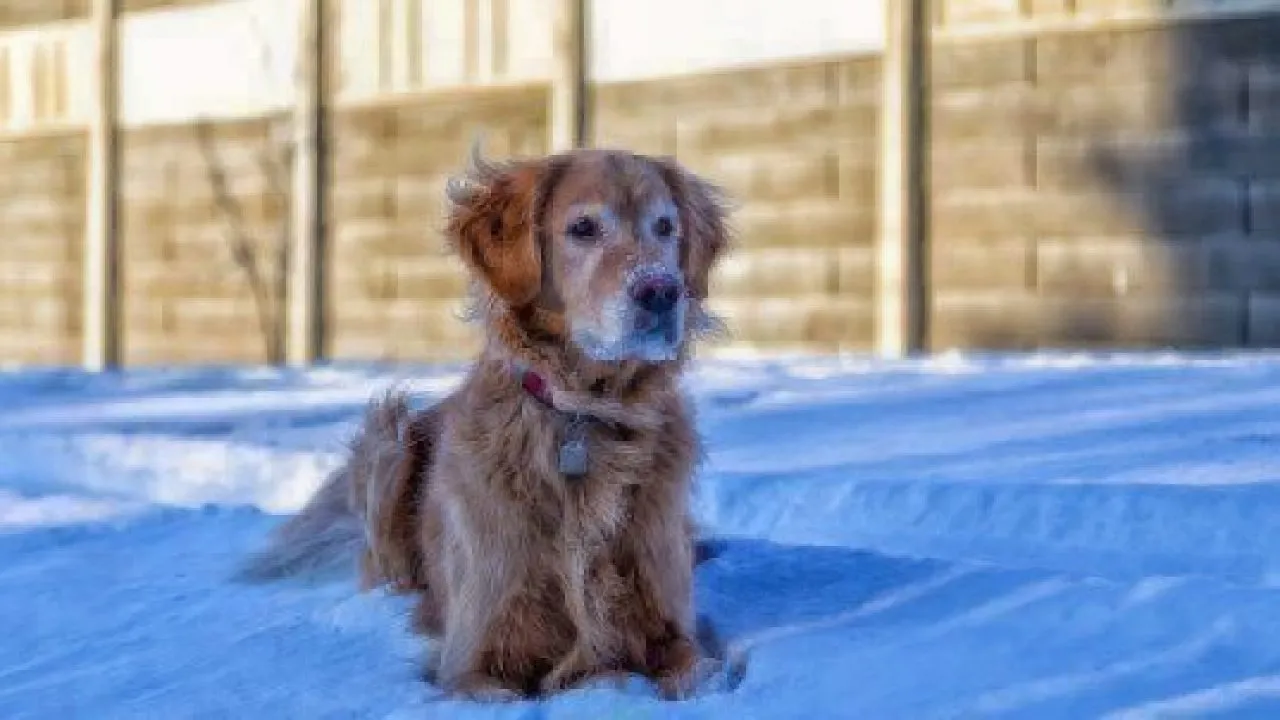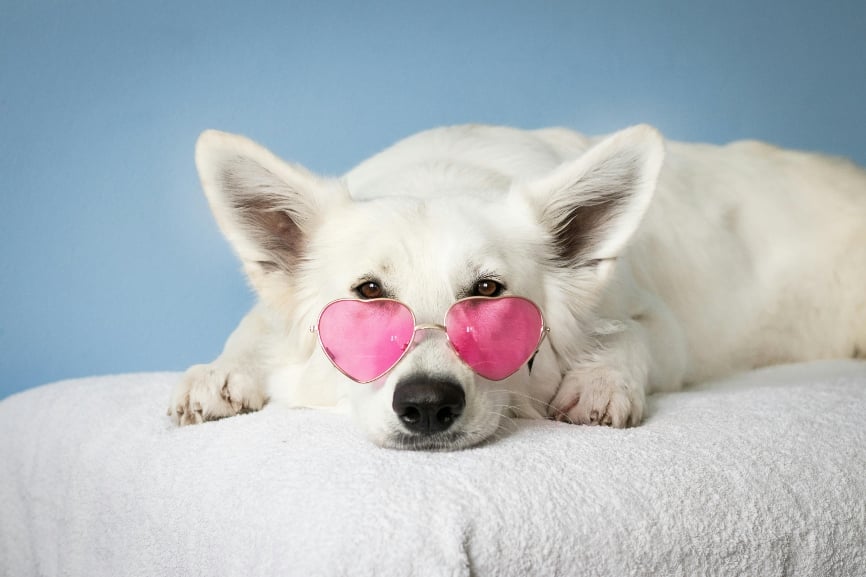Table of Contents
Some dogs, such as huskies, are better equipped to handle cold weather than short-haired dogs such as Doberman pinschers. But any dog can get too cold if the weather is harsh enough and he’s without proper shelter. They start shivering, just like you do, when their body temperatures start dropping. However, shivering could be a sign of a health problem, too.
Cold Shivering
Dogs have protection from the cold you don’t have, such as a full coat of fur. Not all dogs have as much hair as others; short-haired dogs used to living inside your warm house are more likely to shiver when they go outside in colder temperatures. Long-haired dogs can stay outside longer, but they still need shelter from the elements. Newborn puppies don’t have the ability to shiver, but they lose body heat quickly; if their mom isn’t around to keep them warm, create a warming zone with a heat lamp or covered heating pad to help them maintain body heat.
Illness-related shivering
When your dog shivers inside the house or outside when the cold temperatures aren’t extreme, it could signal a medical problem such as distemper, generalized tremor syndrome, nausea or a neurological disorder. Take him to the vet as soon as possible to diagnose and treat potential health problems.
Want to learn more about your pup? Check out Can Weather Affect a Dog’s Behavior?, Getting Your Dog to Wear a Coat or Sweater, and Do Outdoor Dogs Need More Food In Cold Weather? at Cuteness.com!
This article is provided by Cuteness—the go to destination for passionate pet parents. Cuteness has answers to all of your health, training, and behavior questions – as well as the cutest, funniest, and most inspiring pet stories from all over the world.








